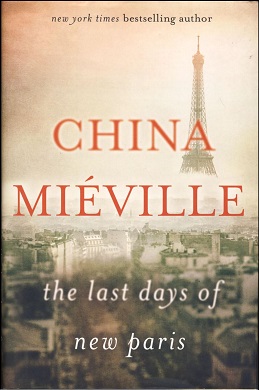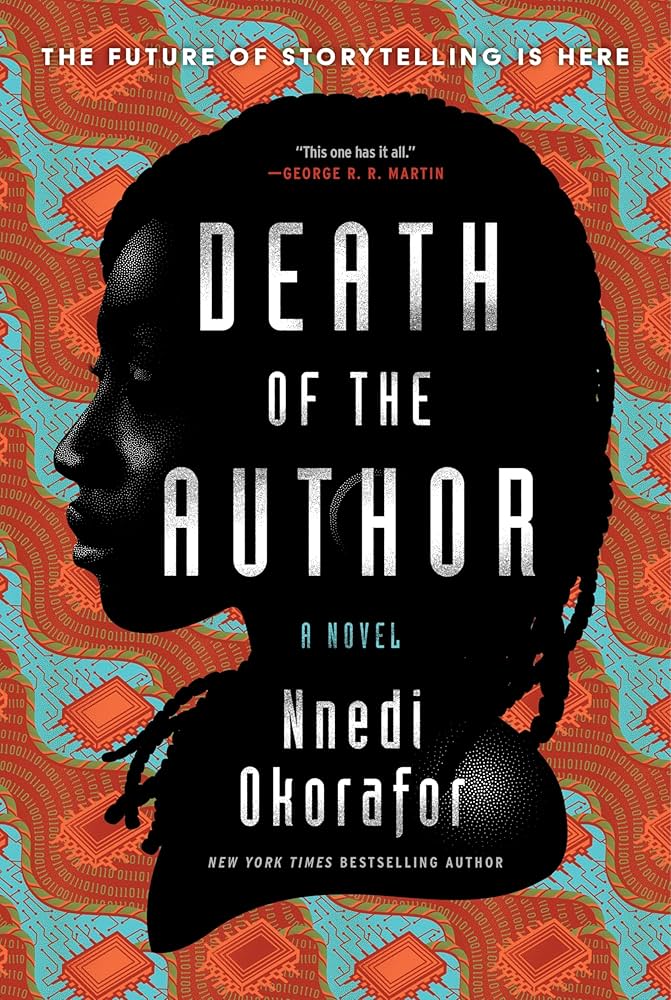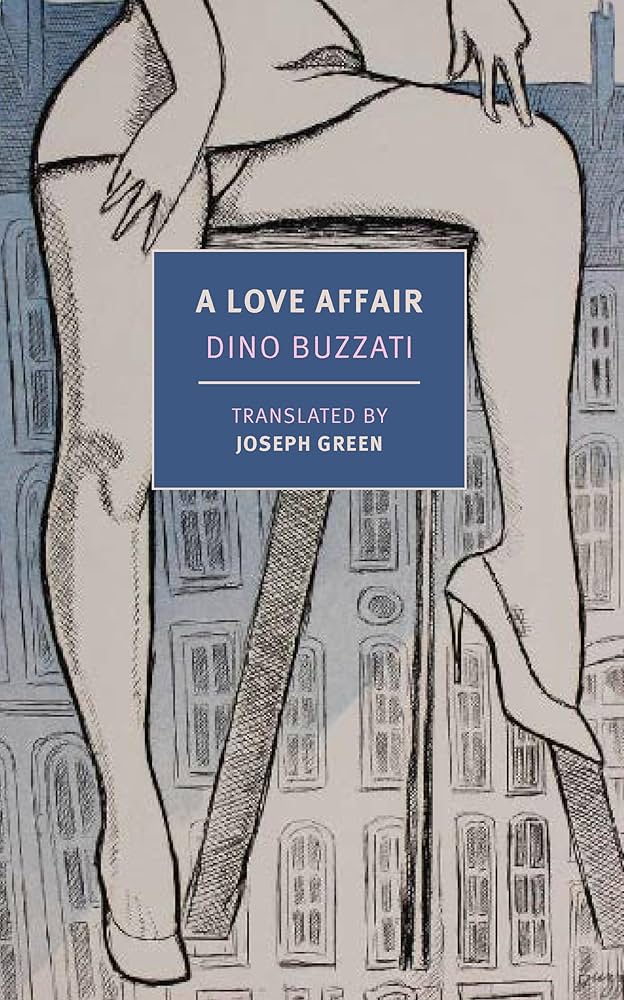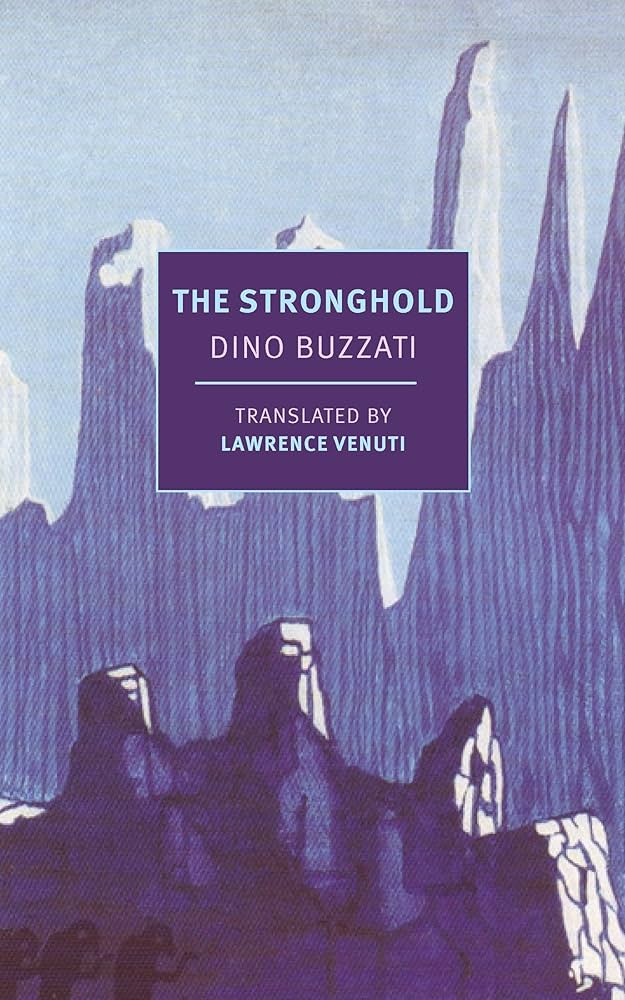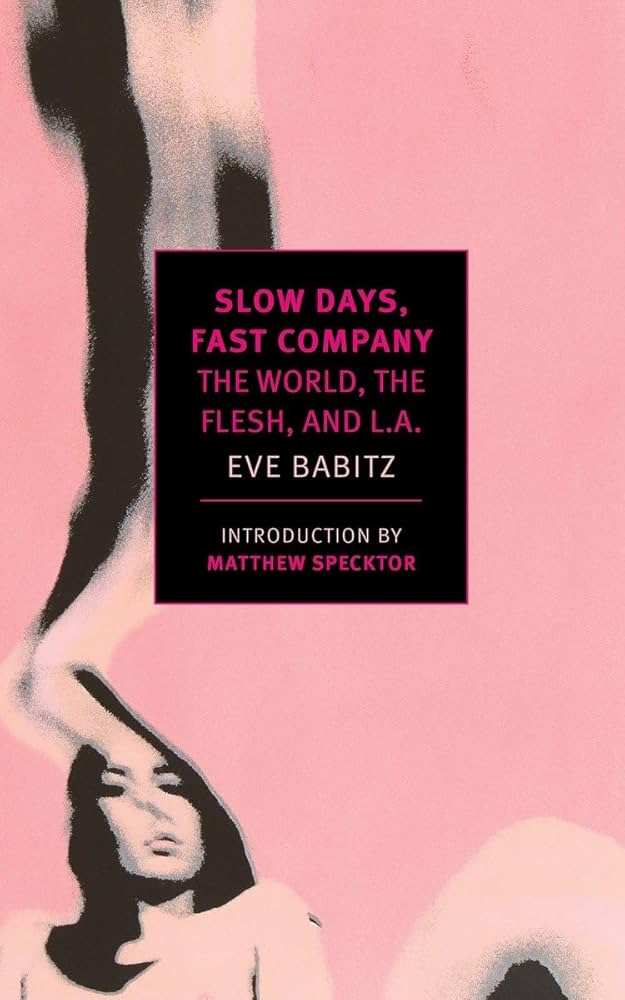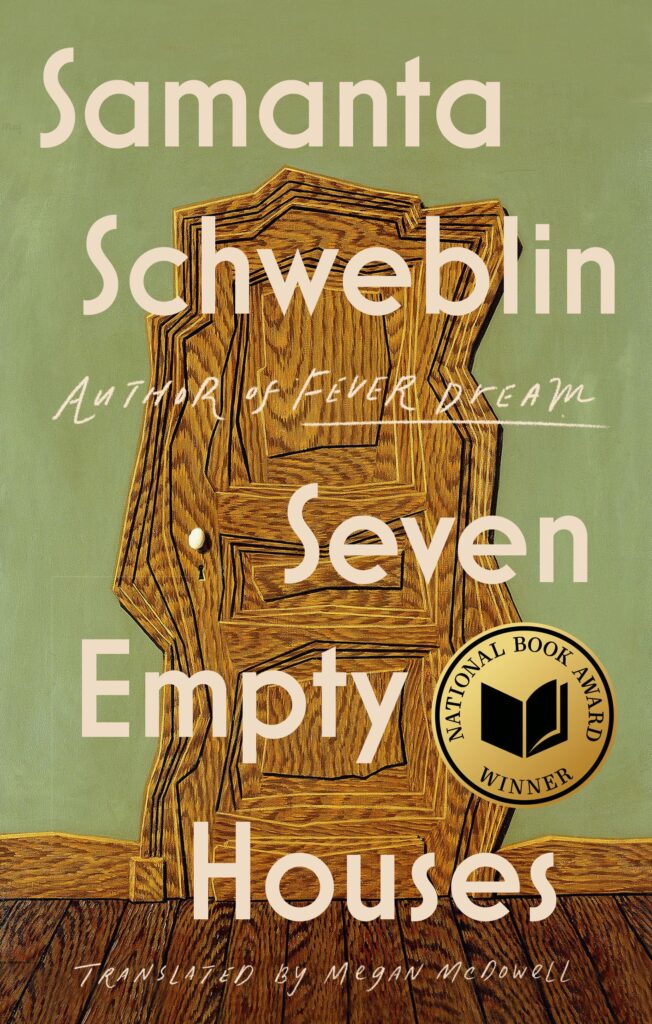The best thing about The Last Days of New Paris is the Afterword. That’s not to say that the book itself (novella? it’s about 160 pages) isn’t good, but the Afterword made me want to read it again immediately.
China Miéville is a writer I want to love. He’s full of wildly original ideas and unafraid to be weird and difficult. The City and the City was the first of his that I read and is one of my all-time favourite sci-fi books. Embassytown was next, and though I loved the ambition, the story took so long to find a gear that I was tired of it by the halfway point.
The Last Days of New Paris didn’t have that problem — it launches directly into head-spinning battle, humans battling Nazis in 1950, with what seem to be mythical creatures involved in the fighting. Bizarre, bold, weird ideas indeed.
I’ve tried several times to describe the story without either stealing someone else’s words or sounding fully bonkers. This review in the Guardian says it better than I can:
Imagine if surrealist artworks were coming to monstrous life and roaming the streets of occupied Paris during an alternative-history 1950 in which the second world war was still going and the Nazis were desperately trying to raise demons from hell…
The narrative proceeds along two timelines. In war- and art-torn 1950 Paris, a young man named Thibaut wanders groggily in the wake of the defeat of his comrades, part of a faction of the resistance loyal to surrealism. Meanwhile, in 1941 Marseille, Jack Parsons, a young American and adept of Aleister Crowley, hangs out with André Breton and other surrealists, hoping to capture their imaginative magic in an electric box and travel to Prague in order to raise a golem with it to defeat the Reich. Unfortunately, as you may surmise, something goes wrong with that plan.
The Guardian has more affection for the book than I can muster. Miéville is so well-researched, clever and talented that the book comes off kind of smug – a short fiction story with dozens of footnotes. The historical and cultural references are dizzying and left me feeling like I just wasn’t sophisticated enough to get it. I felt like I needed a reference manual for the book.
I know that lots of people love that about this book, and I’m not averse to fiction rooted in history and culture, and it’s common for books like this to send me down a rabbit hole of specific subjects. This one didn’t do it for me though.
But the Afterword – MY GOODNESS the Afterword. I don’t want to spoil anything, but it’s almost a sure thing I’ll have another read of this book in a month or two, once the bad taste is out of my mouth.

